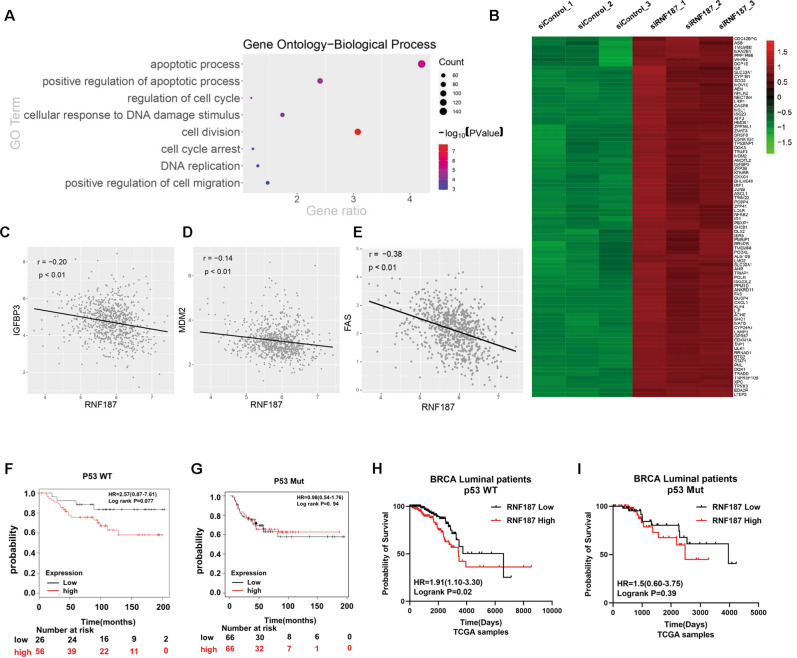Fig. 2. Bioinformatic analysis reveals the correlation between RNF187 and P53 signaling in breast cancer cells.
A Gene ontology analysis of the RNA sequencing data shows that RNF187 depletion in breast cancer cells activates the apoptotic process and cell cycle arrest. MCF-7 cells were transfected with siRNF187 or siControl. After 48 h, total mRNA was extracted for RNA sequencing analysis. The siControl and siRNF187 groups were analyzed in triplicate. B The heat map shows the P53 target genes, whose expression is significantly increased by RNF187 depletion in MCF-7 cells. C–E Publicly available data show that RNF187 expression is inversely correlated with that of the p53 target genes IGFBP3, MDM2, and FAS (https://tcga-data.nci.nih.gov/tcga/). F, G The Kaplan–Meier curve of progression-free survival shows that RNF187 tends to be related to poor prognosis in breast cancer patients harboring wild-type P53, but no correlation was found in the P53 mutant groups. The data were generated from the KMPLOT database (https://kmplot.com). H, I The Kaplan–Meier curve of overall survival shows that RNF187 correlates with poor survival in a luminal-type of breast cancer patients harboring wild-type P53, but no correlation was found in the P53 mutant groups of luminal-type breast cancers. The data were generated from the TCGA database (https://tcga-data.nci.nih.gov/tcga/).

